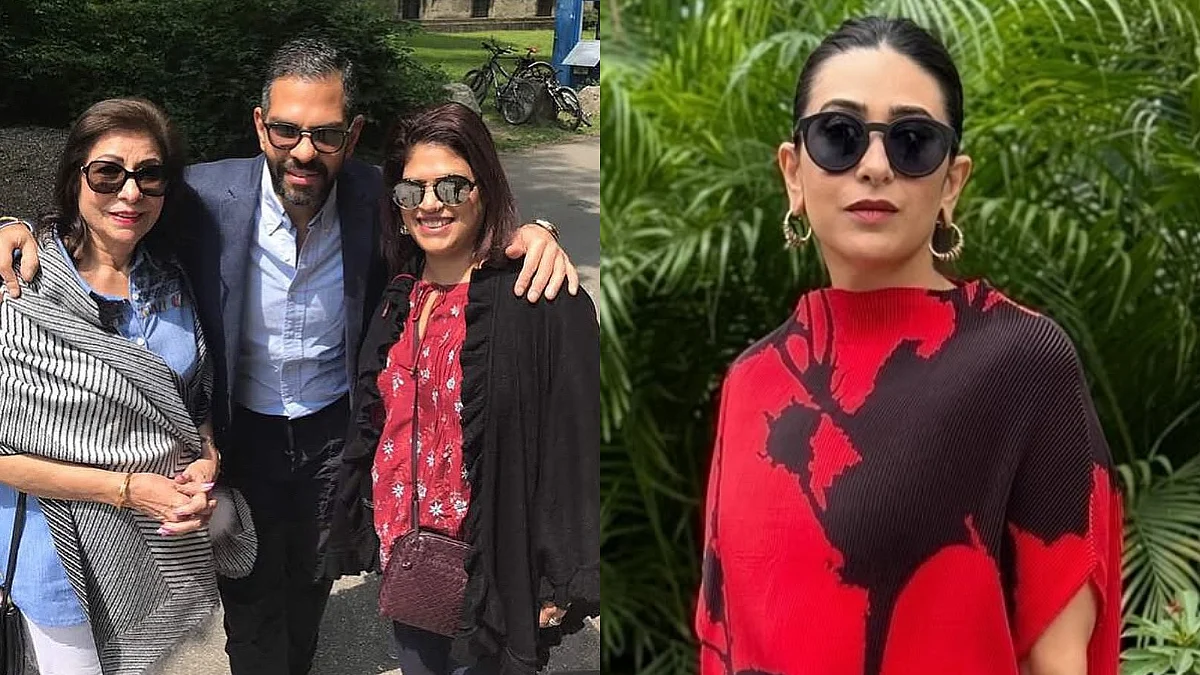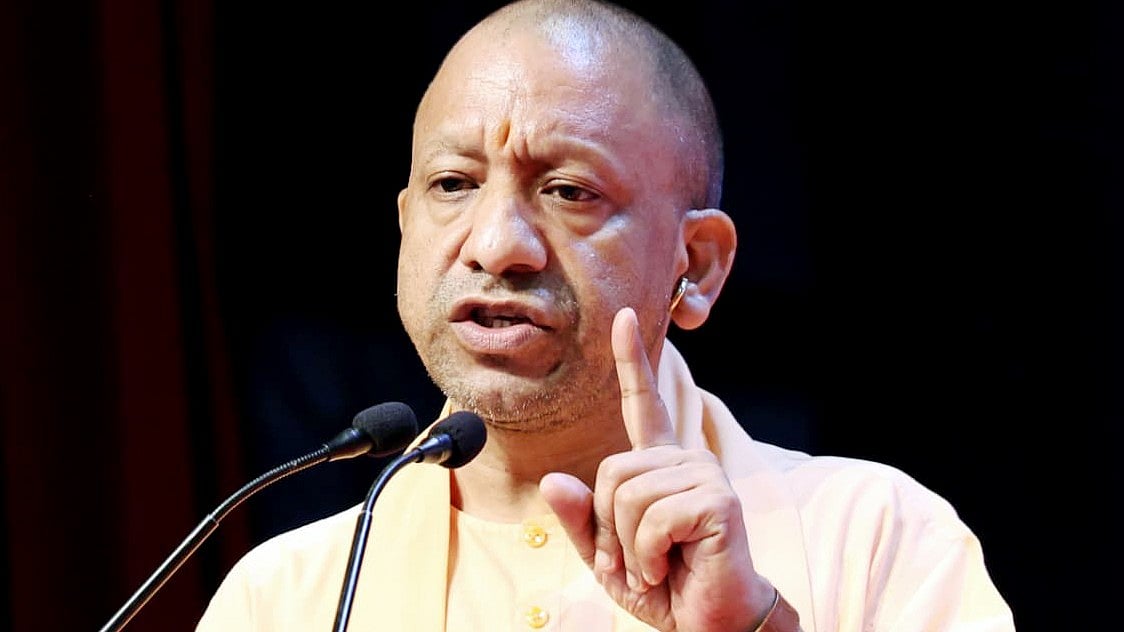Kanpur: Mental health surveys in the rural belt of Uttar Pradesh are challenging the common belief that village life is stress‑free compared to cities. A series of mega mental health camps held at eight Community Health Centres (CHCs) in Kanpur district have revealed a steep rise in depression and anxiety among women between the ages of 20 and 40. Alarmingly, many of these patients admitted having recurrent suicidal thoughts linked to excessive use of social media.
Doctors and social workers at the camps identified a shifting social landscape where the glamour portrayed in short reels on mobile screens is pushing rural women into patterns of self‑doubt, sleeplessness, and family discord. While family disputes and interpersonal conflicts remained the most cited triggers, mental health workers reported that addiction to watching reels late into the night was emerging as a compounding factor that disturbed sleep cycles and worsened depression.
Two case studies highlight the pattern. In Ghatampur, a 32‑year‑old woman attempted suicide after her daily routine collapsed due to sleepless nights spent scrolling through reels. Family quarrels increased, resulting in clinical depression. Counseling sessions and prescribed medication eventually brought some relief. Similarly, in Sarsaul, a 24‑year‑old woman developed insomnia, dizziness, and fainting spells after staying immersed in social media throughout the night. Her condition escalated to anxiety and depression, bringing on suicidal thoughts. She remains under treatment.
National Institute of Mental Health and Neurosciences (NIMHANS) expert Dr. R. Srinivasan explains, “Excessive social media use especially late into the night disrupts sleep and triggers anxiety and depressive symptoms. The illusion of 'perfect lives' seen on reels often intensifies feelings of inadequacy and isolation.”

Psychiatric social worker Sandeep Singh noted, “Many rural women told us that they compare their lives to the glamorous reel stories online and feel they lack similar happiness or freedom. This fuels distress and increases family conflicts, compounding the problem.”
Data compiled from the eight CHCs — located in Ghatampur, Sarsaul, Bilhaur, Chaubepur, Shivrajpur, Bidhnu, Bheetargaon and Patara — showed that of the 2,200 people examined at these mega camps, 1,320 were women. Around 60 percent of them were diagnosed with depression and anxiety, many reporting suicidal ideation. In contrast, men attending the clinics, largely over the age of 40, described stress linked to lack of family harmony and uncertainties about their children’s future.
One woman from Bilhaur shared, “I used to stay up all night watching reels. When I saw other girls celebrating life, I felt lonely and useless. I started thinking my life was a failure, and sometimes the thoughts of ending it all were the only relief.”
The National Mental Health Programme mandates the holding of at least one mega camp each year at every CHC. Specialists including psychiatrist Dr. Chiranjeevi, Dr. R.P. Kushwaha, and clinical psychologist Sudhanshu Mishra conducted evaluations. Their findings underline how digital dependency now penetrates rural communities, in ways unthinkable a decade ago.
Beyond depression and anxiety, the teams also diagnosed cases of mania, schizophrenia, obsessive compulsive disorder, epilepsy‑like symptoms and intellectual disability. The broad spectrum of conditions reinforced the need for consistent psychiatric outreach in districts traditionally underserved by formal mental healthcare.
Experts noted the gendered impact of the emerging crisis. Women in their twenties and thirties appeared to be increasingly vulnerable, whereas mental health concerns among men remained concentrated beyond the age of forty. Health professionals warn that the intersection of family conflicts, social pressures and digital exposure is reshaping what was once thought to be a relatively sheltered rural environment.
Mental health activists argue that the findings call for urgent interventions beyond the annual camps. With smartphone penetration growing rapidly in villages and reels culture reinforcing psychological comparisons, experts recommend regular counseling services, awareness drives, and community‑level support networks to prevent worsening of the crisis.Kanpur:
Mental health surveys in the rural belt of Uttar Pradesh are challenging the common belief that village life is stress‑free compared to cities. A series of mega mental health camps held at eight Community Health Centres (CHCs) in Kanpur district have revealed a steep rise in depression and anxiety among women between the ages of 20 and 40. Alarmingly, many of these patients admitted having recurrent suicidal thoughts linked to excessive use of social media.
Doctors and social workers at the camps identified a shifting social landscape where the glamour portrayed in short reels on mobile screens is pushing rural women into patterns of self‑doubt, sleeplessness, and family discord. While family disputes and interpersonal conflicts remained the most cited triggers, mental health workers reported that addiction to watching reels late into the night was emerging as a compounding factor that disturbed sleep cycles and worsened depression.
Two case studies highlight the pattern. In Ghatampur, a 32‑year‑old woman attempted suicide after her daily routine collapsed due to sleepless nights spent scrolling through reels. Family quarrels increased, resulting in clinical depression. Counseling sessions and prescribed medication eventually brought some relief. Similarly, in Sarsaul, a 24‑year‑old woman developed insomnia, dizziness, and fainting spells after staying immersed in social media throughout the night. Her condition escalated to anxiety and depression, bringing on suicidal thoughts. She remains under treatment.
National Institute of Mental Health and Neurosciences (NIMHANS) expert Dr. R. Srinivasan explains, “Excessive social media use especially late into the night disrupts sleep and triggers anxiety and depressive symptoms. The illusion of 'perfect lives' seen on reels often intensifies feelings of inadequacy and isolation.”
Psychiatric social worker Sandeep Singh noted, “Many rural women told us that they compare their lives to the glamorous reel stories online and feel they lack similar happiness or freedom. This fuels distress and increases family conflicts, compounding the problem.”
Data compiled from the eight CHCs — located in Ghatampur, Sarsaul, Bilhaur, Chaubepur, Shivrajpur, Bidhnu, Bheetargaon and Patara — showed that of the 2,200 people examined at these mega camps, 1,320 were women. Around 60 percent of them were diagnosed with depression and anxiety, many reporting suicidal ideation. In contrast, men attending the clinics, largely over the age of 40, described stress linked to lack of family harmony and uncertainties about their children’s future.
One woman from Bilhaur shared, “I used to stay up all night watching reels. When I saw other girls celebrating life, I felt lonely and useless. I started thinking my life was a failure, and sometimes the thoughts of ending it all were the only relief.”
The National Mental Health Programme mandates the holding of at least one mega camp each year at every CHC. Specialists including psychiatrist Dr. Chiranjeevi, Dr. R.P. Kushwaha, and clinical psychologist Sudhanshu Mishra conducted evaluations. Their findings underline how digital dependency now penetrates rural communities, in ways unthinkable a decade ago.
Beyond depression and anxiety, the teams also diagnosed cases of mania, schizophrenia, obsessive compulsive disorder, epilepsy‑like symptoms and intellectual disability. The broad spectrum of conditions reinforced the need for consistent psychiatric outreach in districts traditionally underserved by formal mental healthcare.
Experts noted the gendered impact of the emerging crisis. Women in their twenties and thirties appeared to be increasingly vulnerable, whereas mental health concerns among men remained concentrated beyond the age of forty. Health professionals warn that the intersection of family conflicts, social pressures and digital exposure is reshaping what was once thought to be a relatively sheltered rural environment.
Mental health activists argue that the findings call for urgent interventions beyond the annual camps. With smartphone penetration growing rapidly in villages and reels culture reinforcing psychological comparisons, experts recommend regular counseling services, awareness drives, and community‑level support networks to prevent worsening of the crisis.










